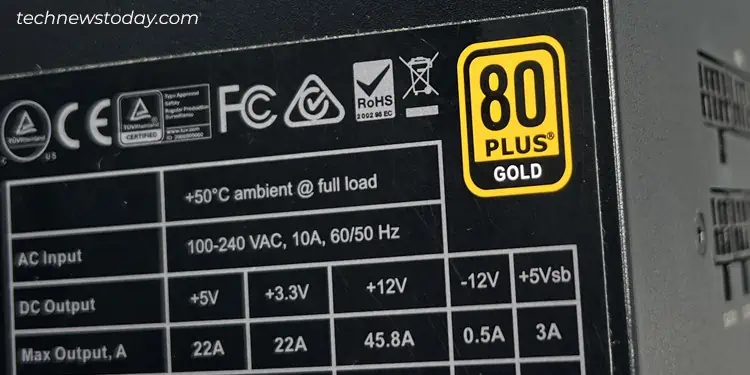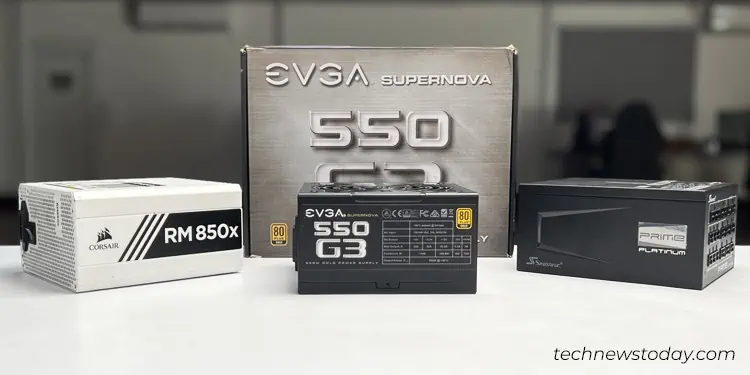Upgrading your power supply unit is not necessary at all unless you’re overloading it—either byusing high-power componentsoroverclocking. That being said, there are still some signs that indicate you require an upgrade.
To determine if your PSU needs a replacement, check whether the system’s power requirements surpass or come close to thePSU’s wattage. If itlacks sufficient wattage headroom, consider getting a new one. Similarly, upgrading might be necessary if the PSU frequently restarts, overheats, or produces abnormal noises.
You are Planning to Upgrade/Overclock Components
Are you planning to add or upgrade a hardware component to your setup soon? If so, a power supply upgrade should also be on your list.
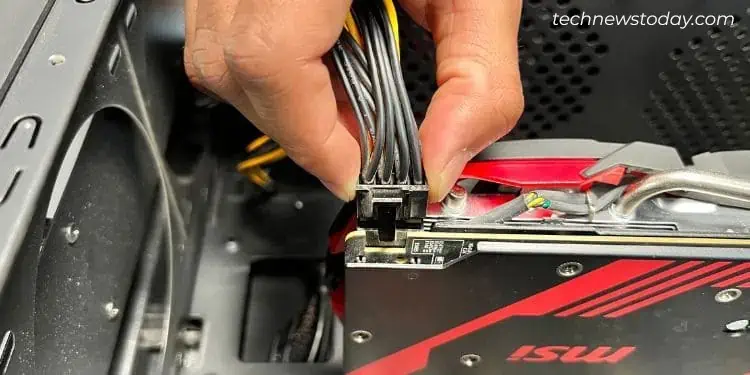
Quickly go toPCPartPickerand find the power requirement for your upgraded build. If the new version of your build doesn’t demand significantly more power than the current build, you are good to go. But if the power draw increases substantially, ensure the current PSU can handle those new components.
For instance, assume that your system has a power requirement of 525 watts (225 watts for an RTX 2080 GPU and 300 watts for the rest of the system.) In this case, if you havea 650W PSU, it will do its job. But if you plan to upgrade to an RTX 3080 (that consumes 320 watts plus at its peak,) you need to get a 750W+ PSU to ensure smooth performance.
In the same way, also remember that PSU upgrades are necessary if you are into overclocking.
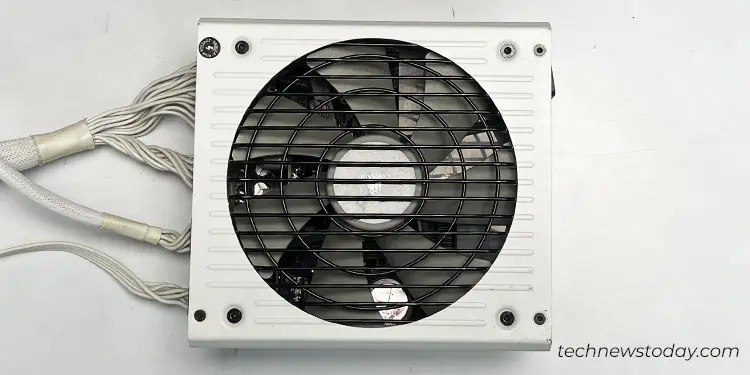
Do note that you might encounterfrequent PSU restartsor blue screen errors if power draw from your system surpasses the actual power rating of the PSU.
You Hear Abnormal Noise From PSU
PSUs are not supposed to make abnormal noises when operating. Yes, you may hear the gentle sound of airflow when you are close to the PSU, but nothing more than that; noclickingorbuzzing noise.
If you’re dealing with a loud fan, it might be time toclean your PSU. It’s also possible that the fan’s bearings have worn out.
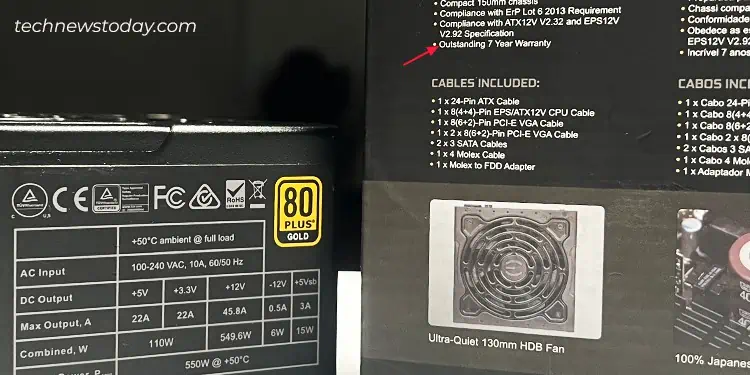
Clicking and Buzzing issues are generally fixable and do not need upgrading, but the situation can be more scary! In my case, the power supply used to overheat. It caused a short circuit on the PSU, and I had no option but to replace it.
To be honest, if you have a PSU from a reputable manufacturer, aging doesn’t have a significant impact on its performance. But yes, it is a matter of concern if you own a cheap or low-end PSU from an untrustworthy supplier.
The electronic components, like capacitors used in such PSUs tend to deteriorate quicker, causingsystem instabilitiesand performance issues.
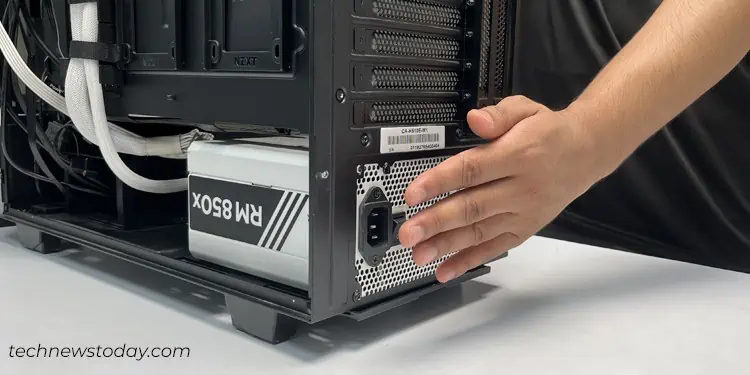
Branded PSUs normally have a warranty period of 5 to 7 years, which also means they will operate correctly within this timeframe. For instance, you may see myEVGA Supernova 550 G3that came with a 7-year warranty.
